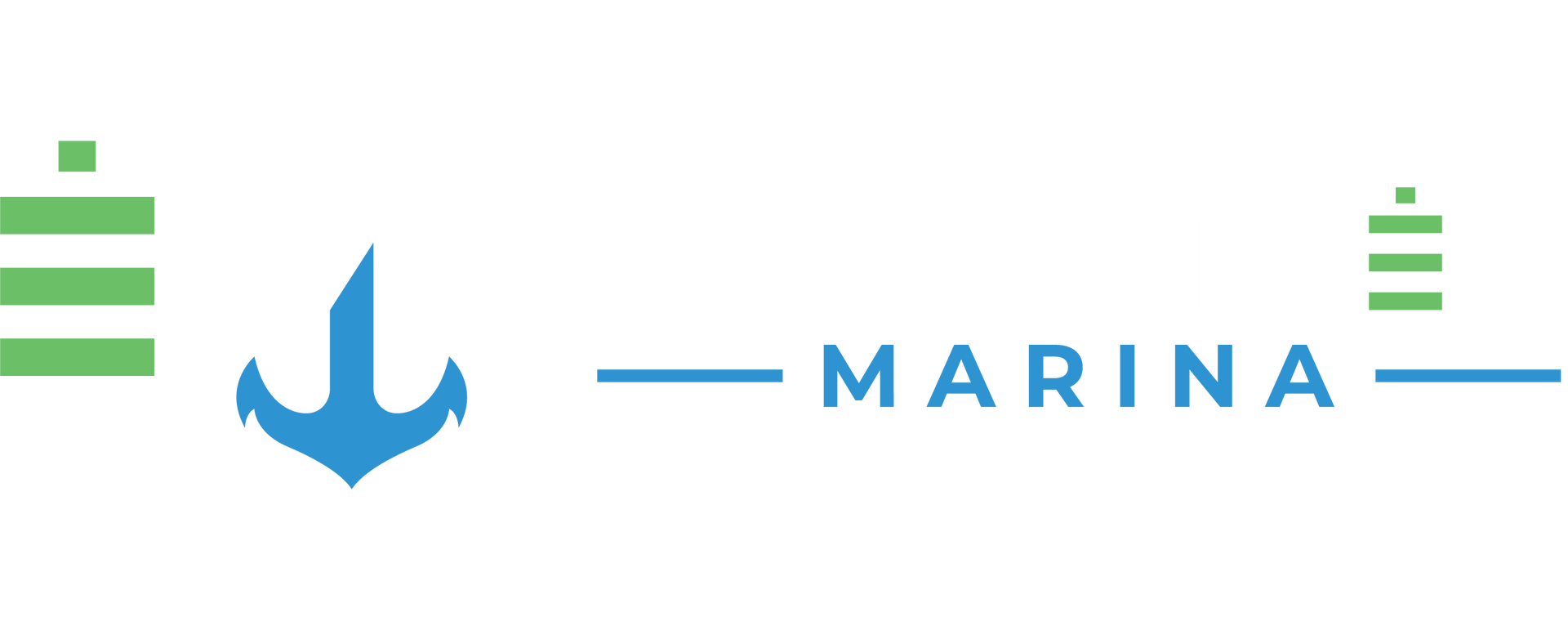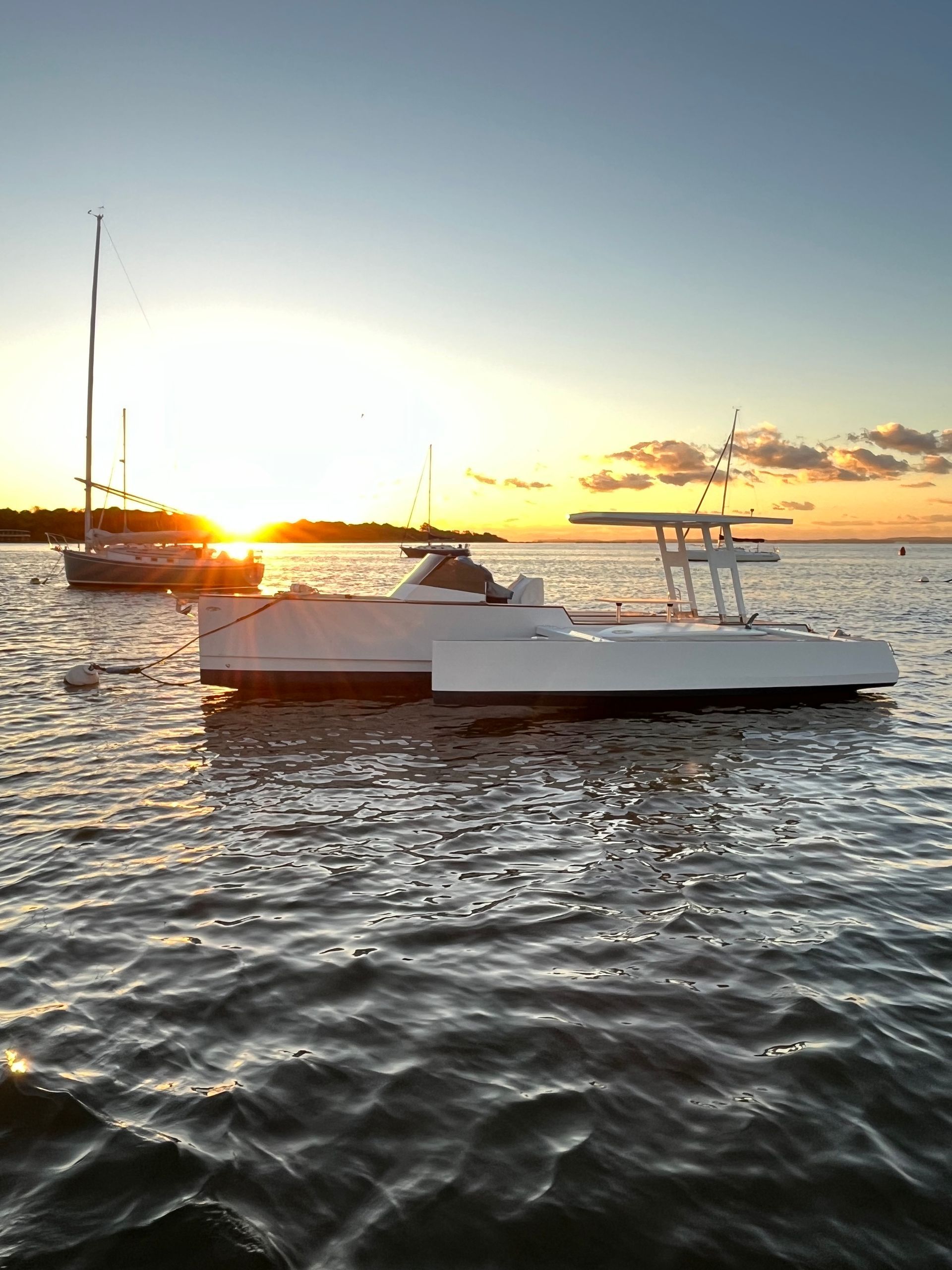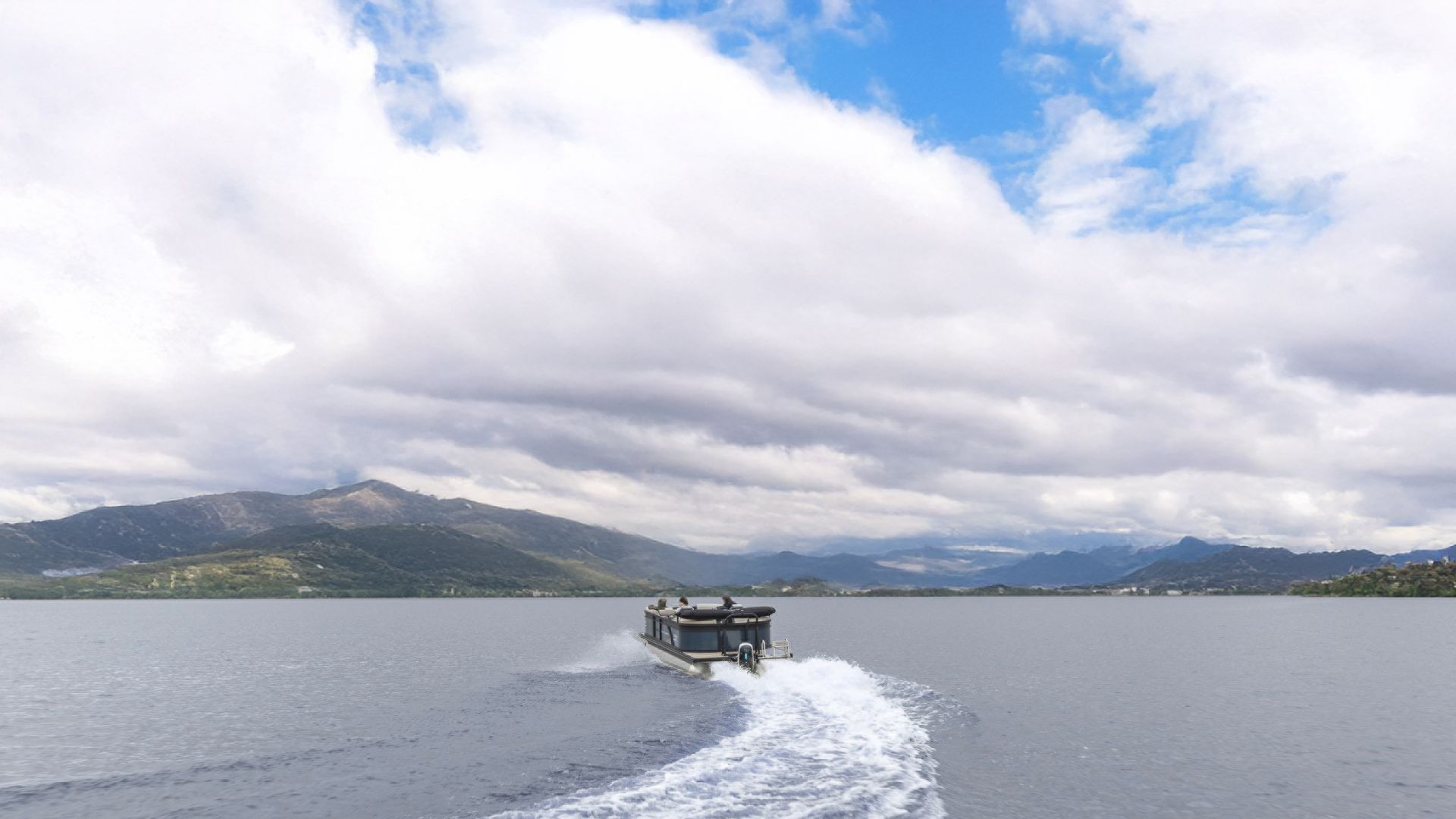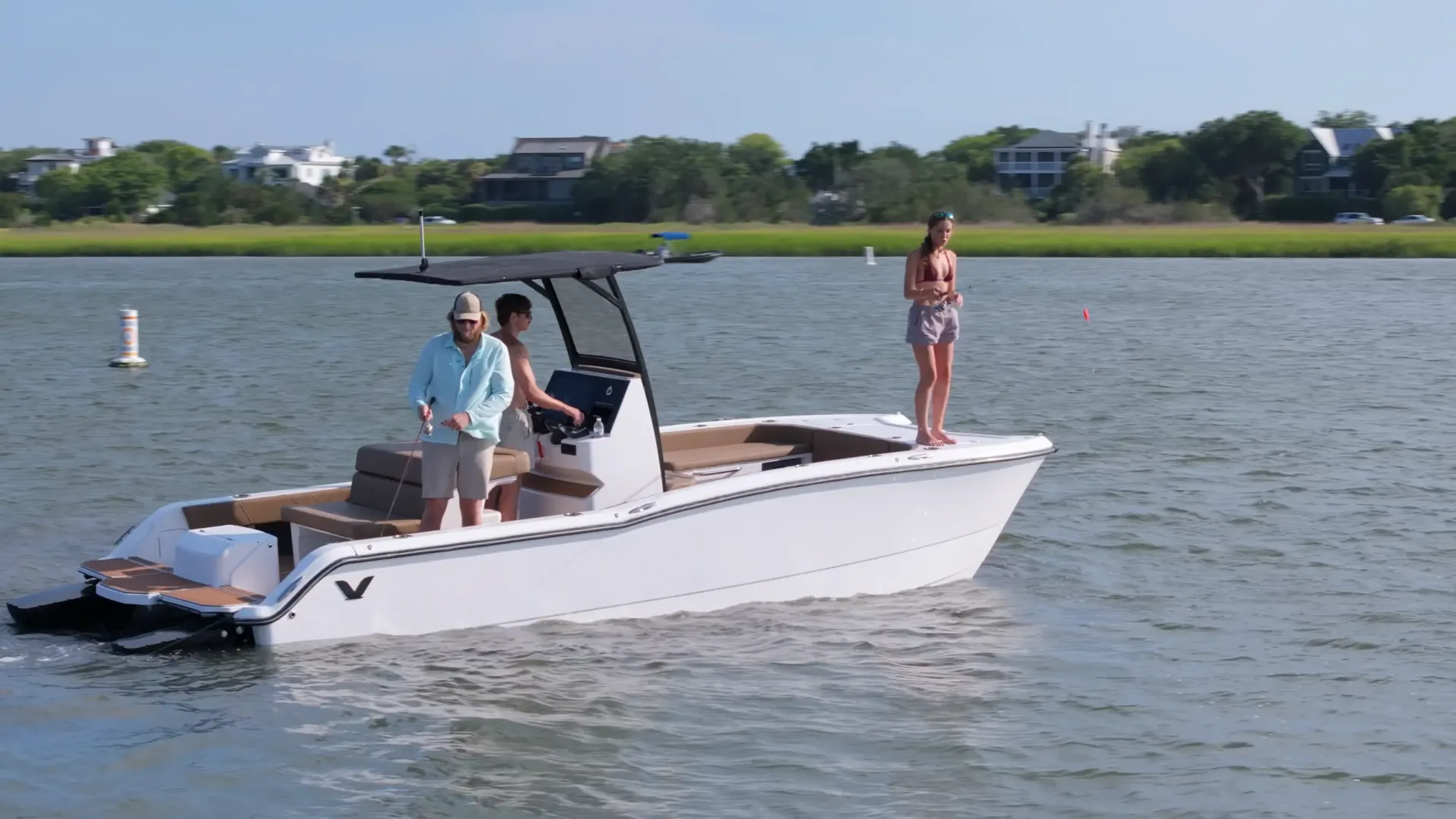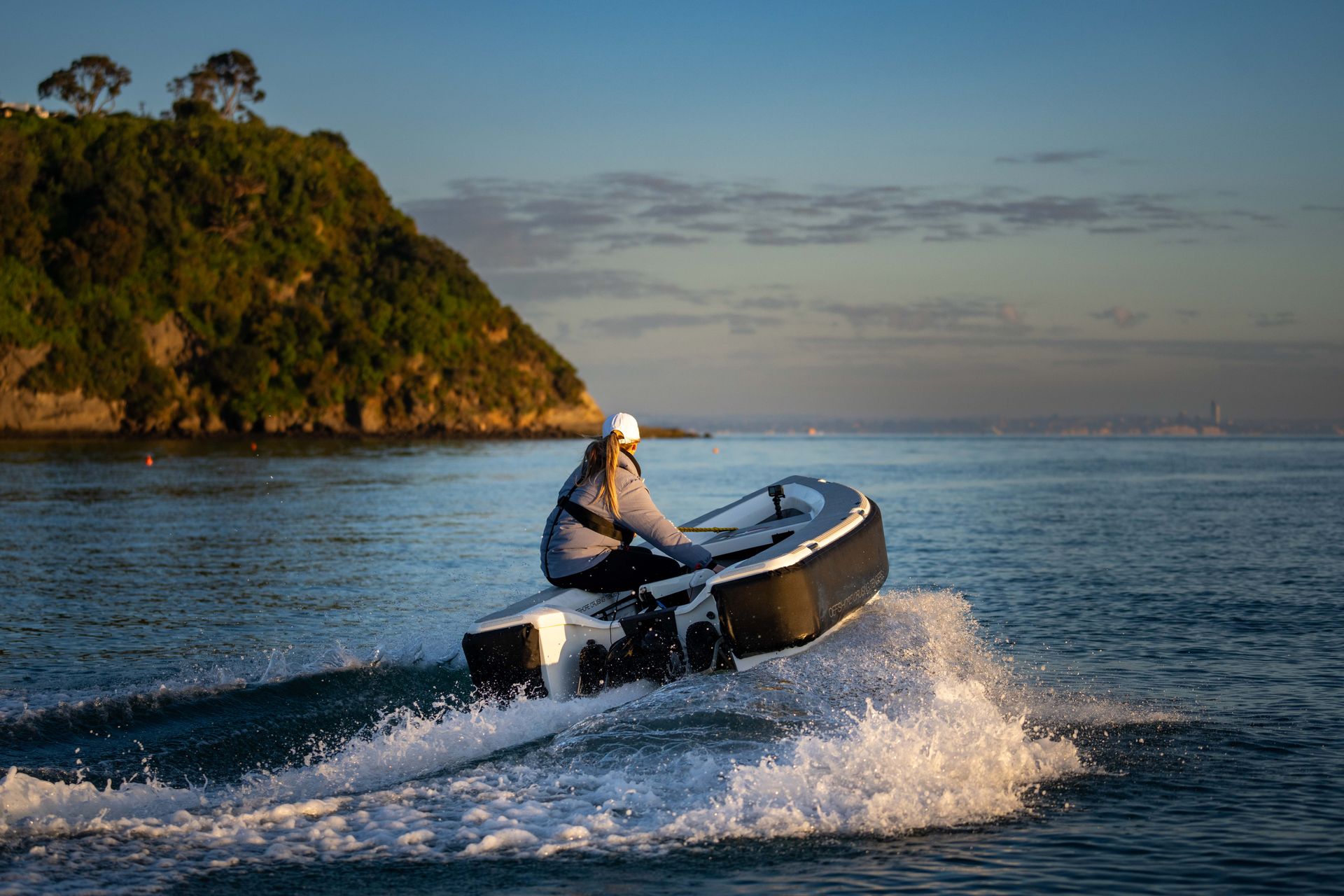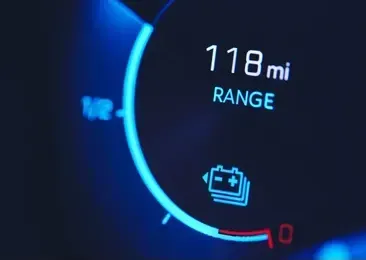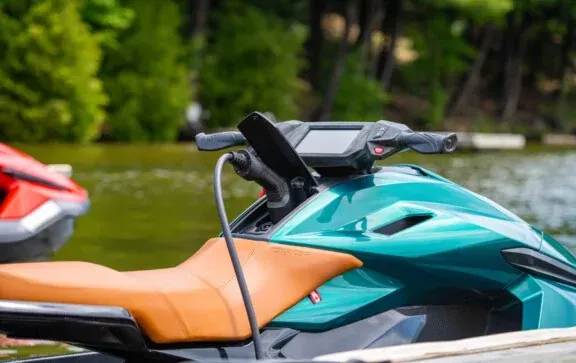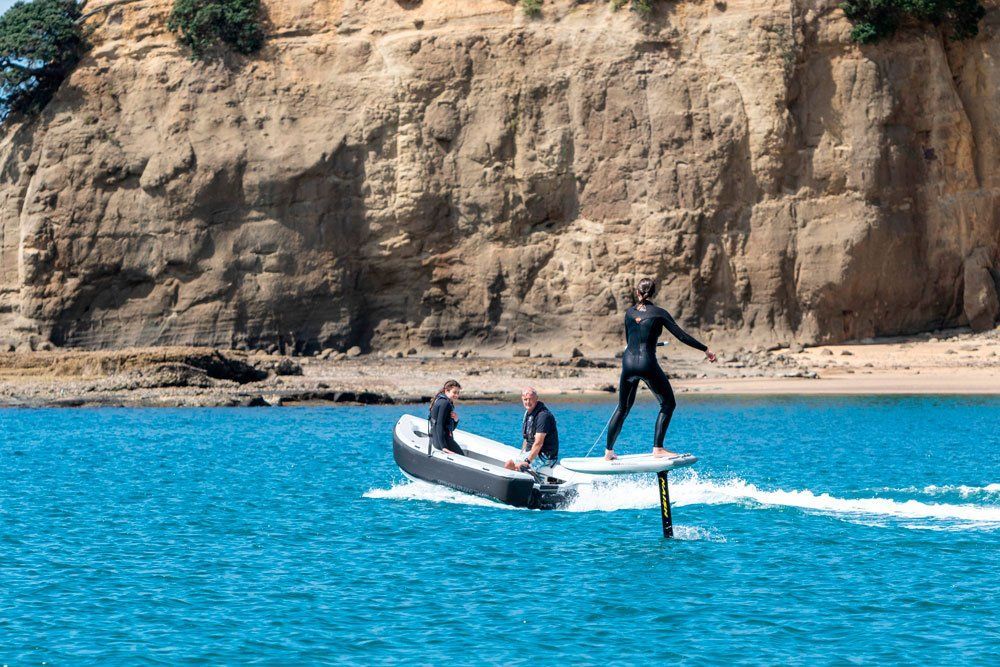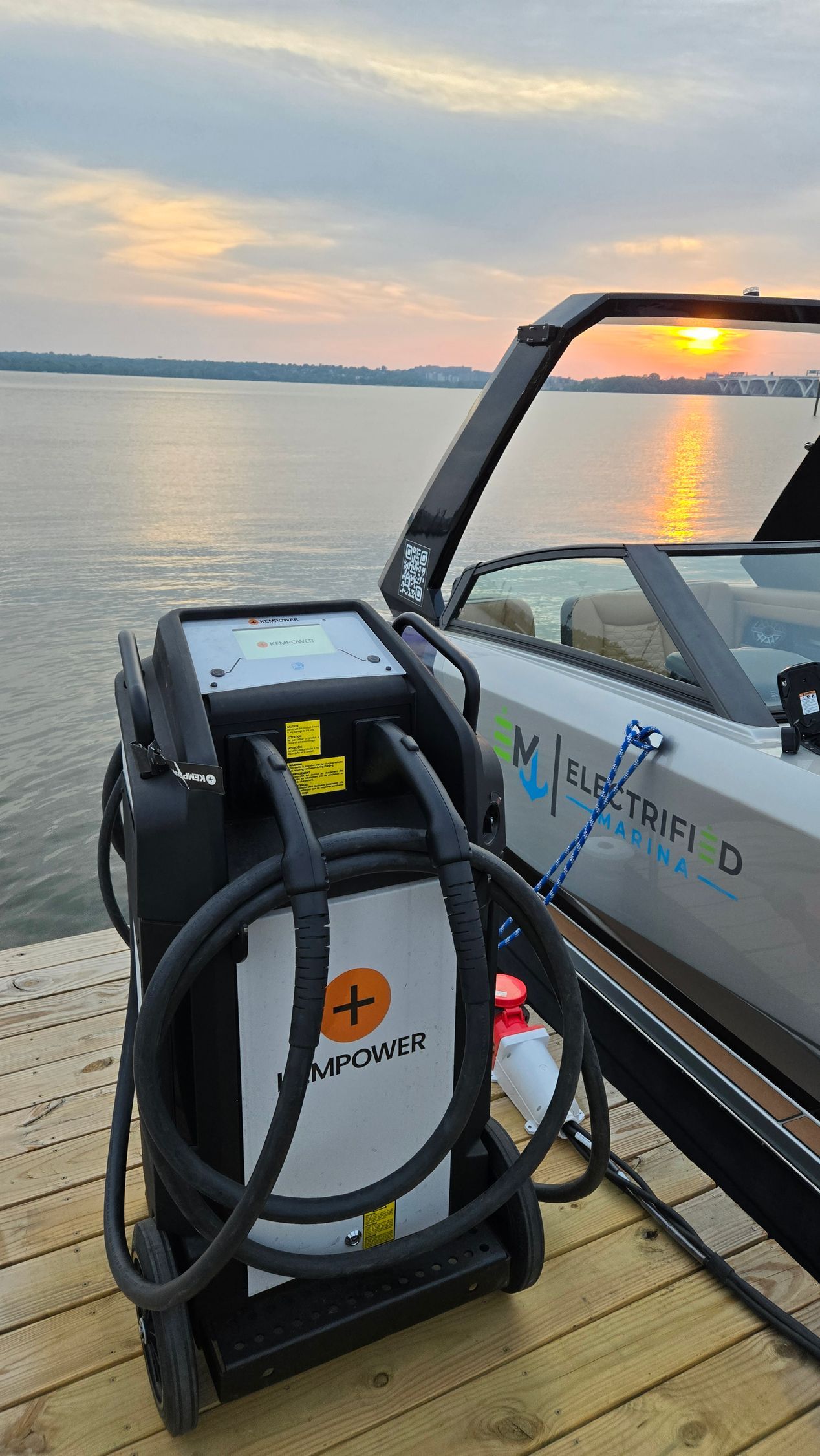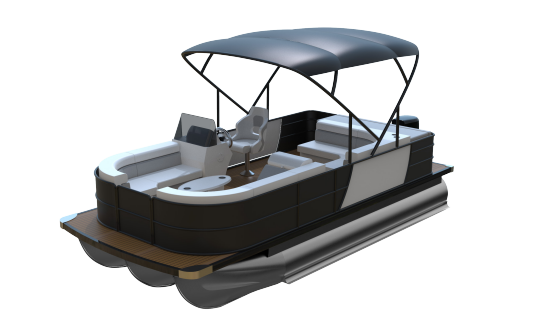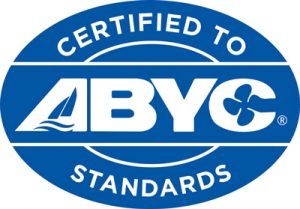Debunking the Myth of Electric Boats and their Impact on the Environment

The boating world has undergone a remarkable transformation in recent years, with the rise of electric boats becoming increasingly prominent. As concerns over environmental sustainability and the impact of traditional fuel-powered vessels continue to grow, more and more boaters are turning to electric alternatives. Electric boating offers a cleaner, quieter, and more efficient way to enjoy the water, making it an attractive option for recreational and commercial use.
Advancements in battery technology, particularly the use of lithium iron phosphate batteries, have imrpoved the adoption of electric boats. These batteries have become more
powerful,
safer,
longer lasting, and
affordable, making them a viable choice for powering boats of various sizes and applications. As a result, the electric boating market has seen a surge in innovation, with manufacturers and designers pushing the boundaries of what is possible in this rapidly evolving industry.
However, despite the growing popularity of electric boating, there is a persistent
myth that the use of lithium batteries has a negative impact on the environment.
Environmental impact of electric boating with lithium batteries
Perhaps the most significant advantage of using lithium batteries in electric boats is its impact on the environment is much less than the alternatives like NMC and gasoline. Unlike traditional fuel-powered boats, electric boats powered by lithium iron phosphate batteries do not emit any harmful greenhouse gasses or pollutants while running. This makes them a much cleaner and more sustainable option for water transportation.
The environmental benefits of electric boating extend beyond the direct emissions during use. The production and manufacturing of lithium iron phosphate batteries have a lower carbon footprint compared to the extraction and refining of fossil fuels used in traditional boat engines. Additionally, the ability to recharge lithium batteries using renewable energy sources, such as solar or wind power, further reduces the overall environmental impact of electric boating.
Moreover, using lithium batteries in electric boats eliminates the risk of fuel spills and oil leaks, which can have devastating effects on aquatic ecosystems. This is particularly important in sensitive areas or near protected natural habitats, where the preservation of the environment is of utmost concern.
The advantages of using lithium iron phosphate batteries in electric boats are numerous, from their superior energy density and durability to the significant reduction in greenhouse gas emissions and environmental pollution. As the technology continues to evolve and become more cost-effective, the appeal of electric boating will only continue to grow, attracting a wider audience of eco-conscious boaters and commercial operators.
At Electrified Marina, we are committed to advancing technologies that protect the environment and ensure the safety of all who use our waterways...even the fishes.
